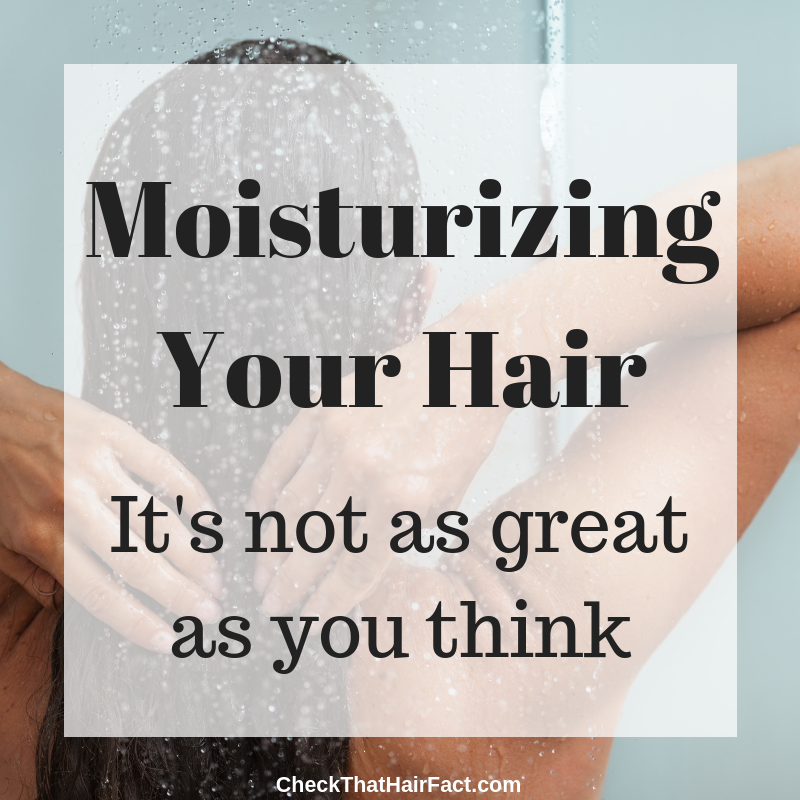The hair care v/blogosphere (as well as product marketing) teaches us that moisturizing your hair is crucial and that we need to force water in and make it stay in our hair by whichever method we can, no matter what our hair type is. However, hair science appears to be cautioning us that moisturizing your hair isn’t all it’s cracked up to be.
What scientists are saying about the public’s obsession with hair moisture:
The following quote is an excerpt from an article in the research section of the Cosmetics&Toiletries website. (For those who are unfamiliar, Cosmetics&Toiletries is a professional trade magazine for cosmetic chemists and formulators, covering the latest news in the whole cosmetic industry, from research to marketing.)
“To scientists familiar with the technical literature, the comments and demands of hair care consumers appear puzzling. Consumers worry greatly about the ‘drying out’ of hair and subsequently demand products that provide ‘moisturization.’ However, as shown earlier, many forms of damage actually lead to higher levels of water in hair. Therefore, to the hair scientist, the popularly used descriptor ‘dry-damaged hair’ is actually an oxymoron. Similarly, when considering consumer demands, one observes that highest moisture content is attained when hair is allowed to equilibrate in high humidity environments, but this condition typically represents the very definition of ‘a bad hair day.’ As such, there is a definite disconnect between ‘consumer language’ and ‘scientific language,’ where an individual’s self prognoses and the technical root cause are indeed different.”
The article above goes on to describe an experiment that proves people’s inability to tell between moisture levels in hair [1] (and that experiment is not the only example [2]).
Is your mind blown yet? (P.S. I wrote a completely separate post on our inability to perceive moisture here)
The bottom line is, our ability to tell how much water is in our hair is a separate issue from what effect water actually has on our hair.
References:
- Davis M G, Stofel SW. MEASUREMENT OF HAIR MOISTURE CONTENT UTILIZING NOVEL ANALYTICAL AND REAL-TIME TECHNIQUES. JOURNAL OF COSMETIC SCIENCE. 2009;60(1), 80-81.
- Mendes TR, PIACESKI AD. Evaluation of hair fiber hydration by differential scanning calorimetry, gas chromatography, and sensory analysis. J. Cosmet. Sci, 2003;54, 527-535.

